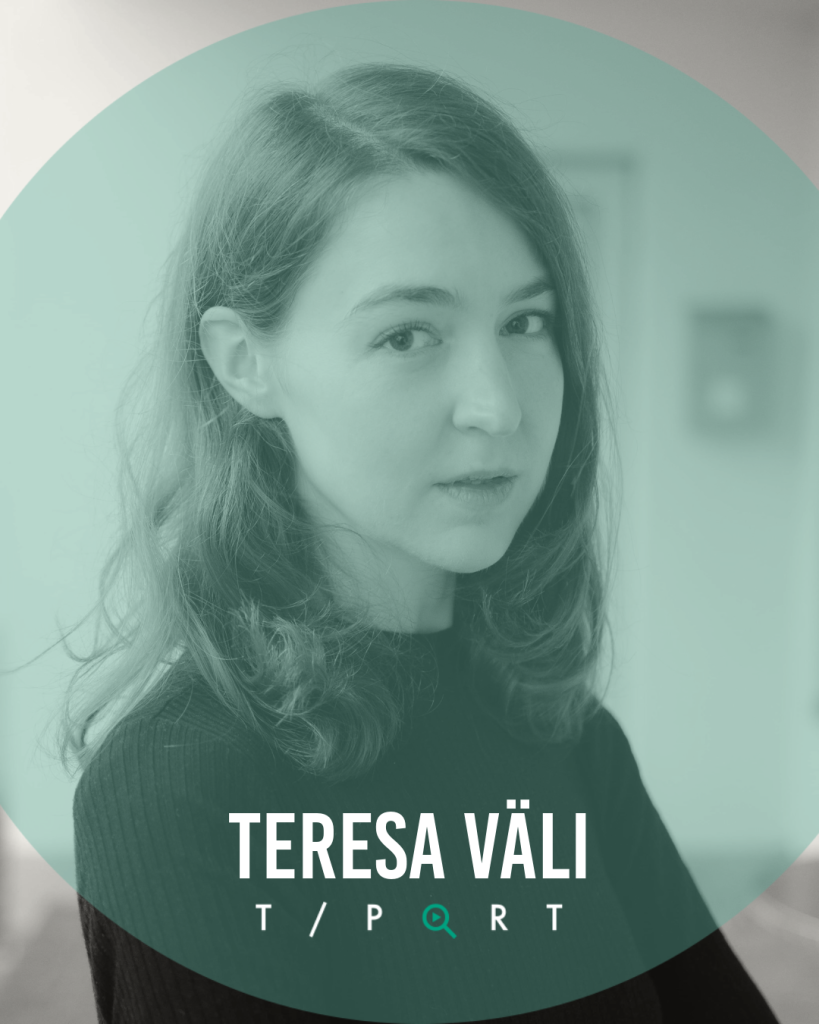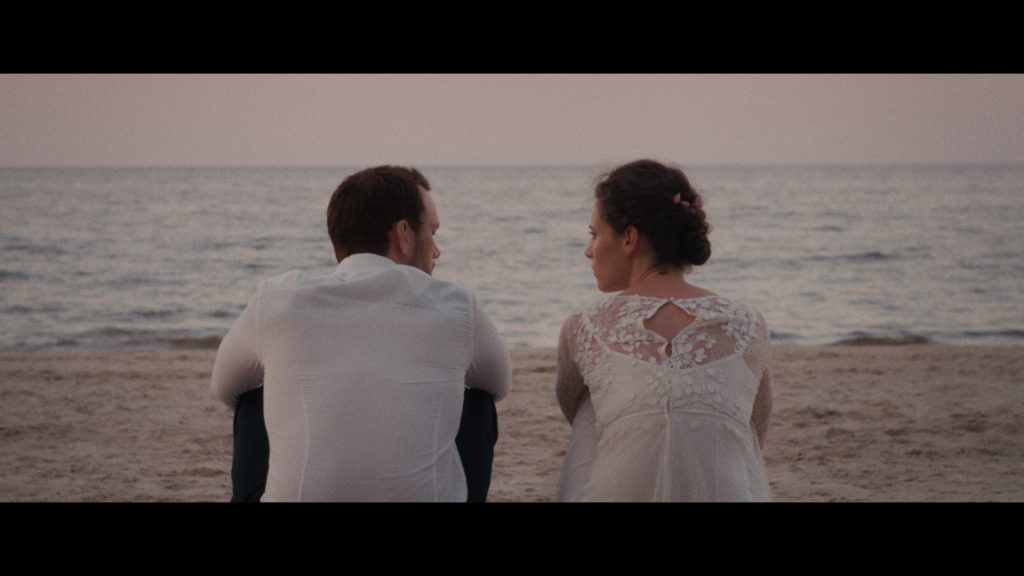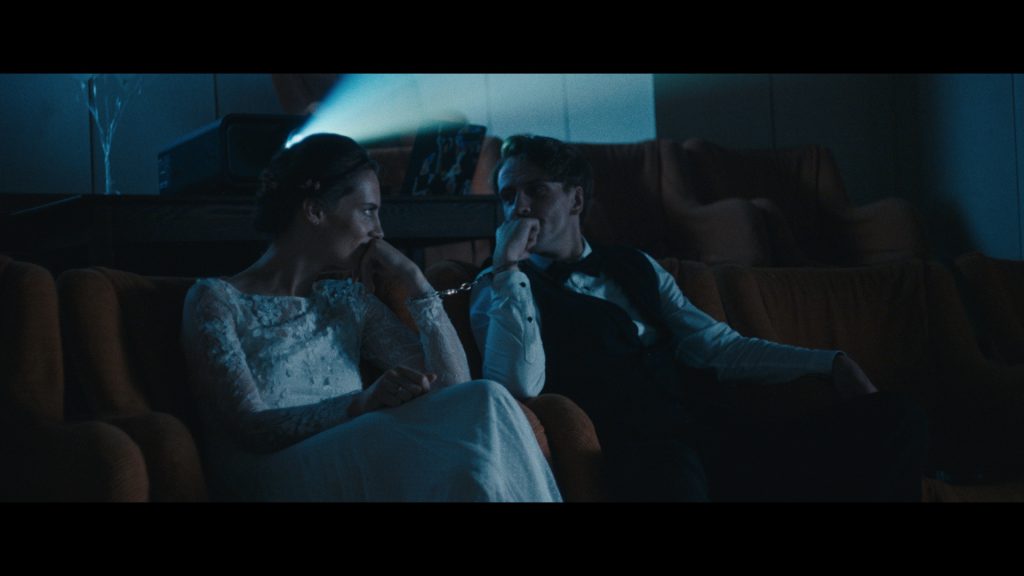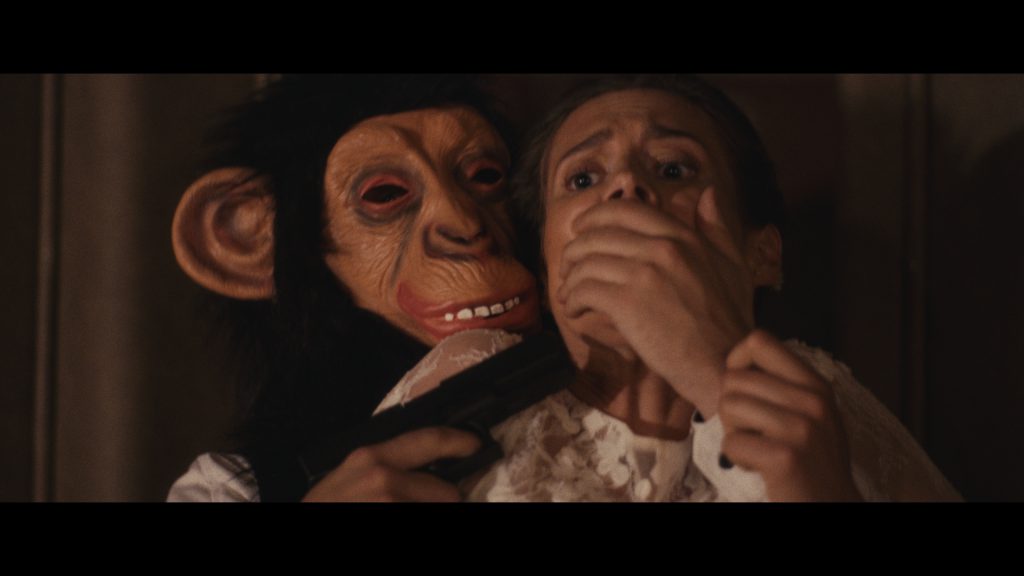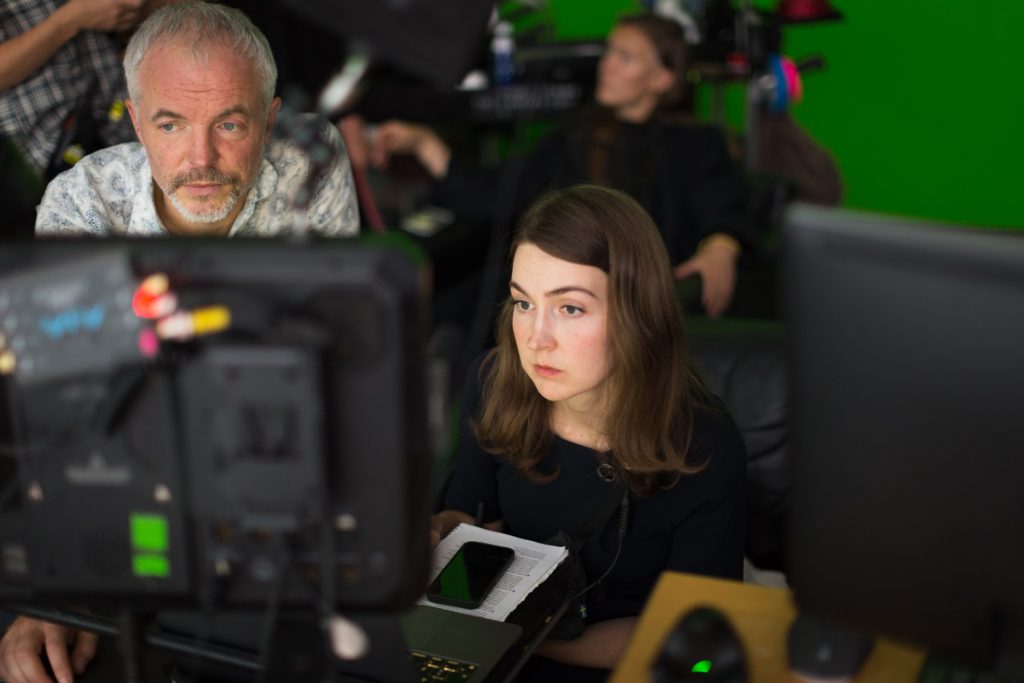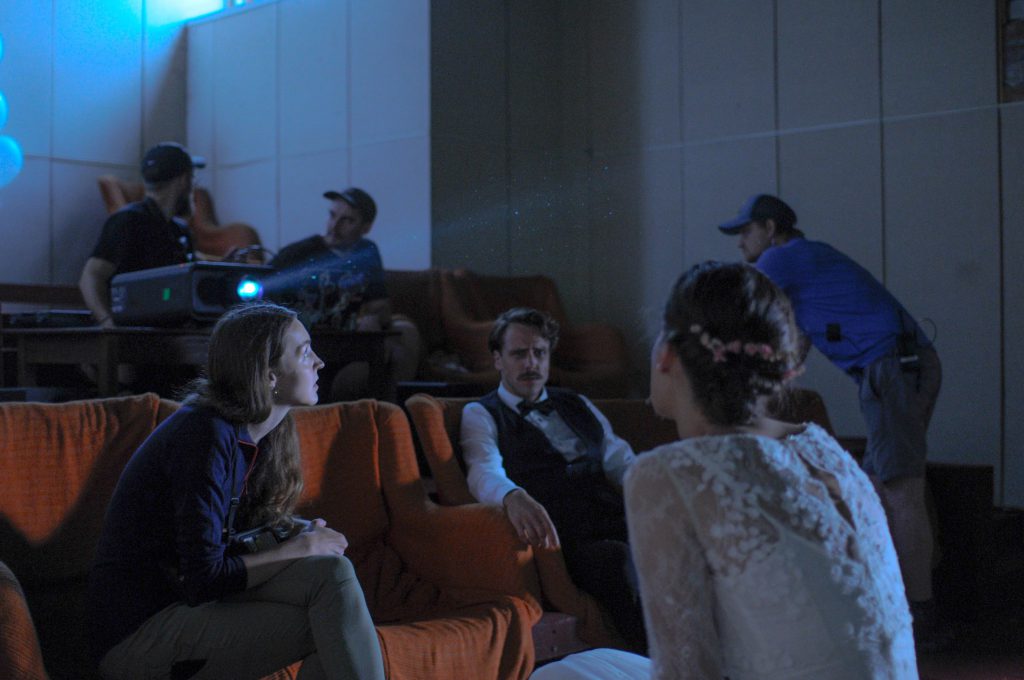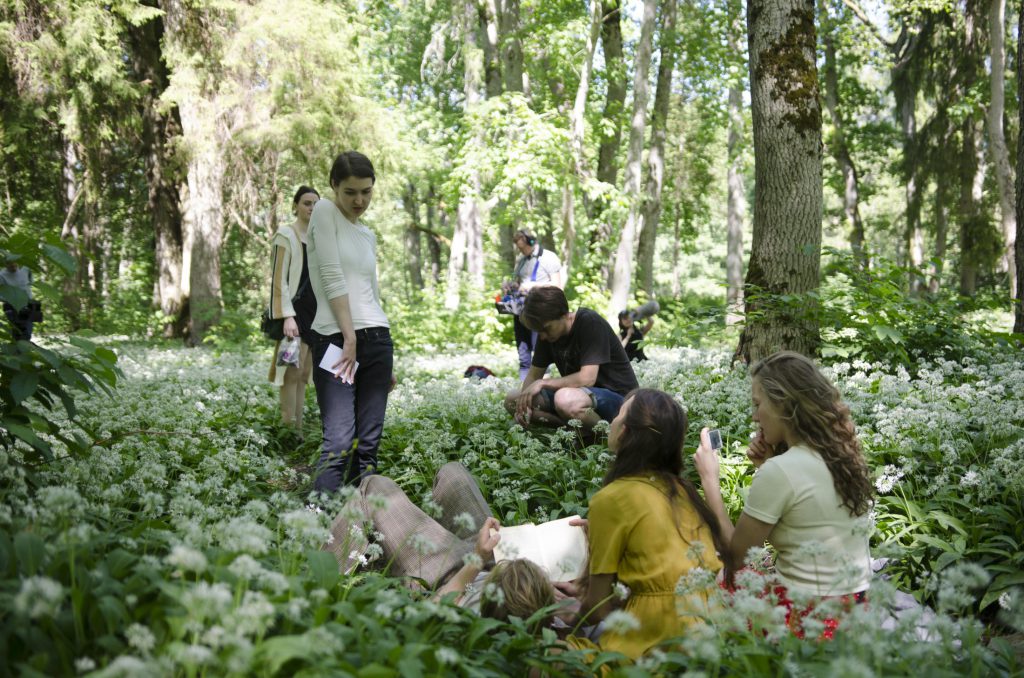36-year-old Estonian filmmaker Teresa Väli was selected to take part in this year’s Script Pool Tallinn at the Tallinn Black Nights Film Festival, and her short film WHITE NIGHT is currently available for streaming by Professional Subscribers on T-Port.
In this interview we chatted about how she learned her profession through working, her ideas that she’s taking to Script Pool, and what the creative process looks like for her.
Hi Teresa! Tell us about yourself
I’m 36 and a mom to a 10-year old boy. I graduated from the Baltic Film, Media and Arts School Filmmaking program in 2020, majoring in Film Directing, but the greatest film education I’ve gotten from working with a wide variety of directors over the past 6 years as a script supervisor.
I’ve directed 4 short films, the last of which was also my first time writing. I’m currently in development with my first feature film “White Ship” as a writer and director.
My first love has always been singing, so the voice – nuances of tone, pitch, texture, dynamics, phrasing, the importance of breath, entire worlds contained in a single note – informs my choices as a film maker, that is my vocabulary. Having dabbled in music and design before landing in film, it all makes up a unified field for me, I don’t see film as something separate.
If you had to watch one film forever on a loop – what would it be?
Roy Andersson “En kärlekshistoria” (1970)
Can you give us a synopsis of your PÖFF Script Pool project?
On the last weekend of summer, a family gathers at a seaside house to wait for the arrival of loved ones returning from an around-the-world sailing trip. As the younger generation of the family run from the looming uncomfortable reunion and personal fears and responsibilities, they leave the family house for a village party, only to find the illusion of escape to lead them right back into the heart of what they’re trying to get away from.
Where were you when you found out about the Script Pool selection and how did you feel / react?
At home. I felt relieved.
How has/will the Script Pool selection helped you in your film career?
Hopefully it will help me find more ease in presenting my work and allowing other voices into the process.

What have been the challenges you’ve faced in your film making career so far? How do you view them now?
I guess the biggest challenge is getting started. As in, getting from living with the idea in your head to actually doing something about it. Every task seems daunting before you take that first step. And no one’s going to open the door for you, unless you knock, so to speak.
Another way of putting it is that the biggest challenges are always internal, personal fears, hesitations and well… sometimes also laziness (hiding under thoughts like “I’m not ready yet” or “This needs more time”). It’s not that these challenges go away once you choose a direction and start moving towards it, but every time you overcome that hesitation, it gets a little easier and the momentum itself helps you to the next step. And sometimes plunging in, head first, however unprepared you feel, might make you realize that – hey, I really can swim!
Could you share any advice for filmmakers who are looking to submit to next year’s Script Pool – what would you suggest they do?
I don’t think this advice is script pool-specific, and also not exactly a great revelation, but can be easily forgotten: Don’t try to tell a story, write a script or submit a pitch that you think someone else wants or that might appeal to a particular audience, unless it’s the story you feel compelled to tell.
Do your own thing, and do try to resist the temptation to have AI do some of the work for you. It might feel tedious to produce endless outlines, treatments, director’s notes etc and you might trick yourself into thinking that AI could easily take care of some of it, but it really does make a difference if you actually use your own words every time. Not just to the quality of the writing but to your own understanding of what it is you want to say. And every time you put it into words, it gets a bit clearer and you become a better storyteller for it.
What are the biggest challenges for you in promoting and distributing your films?
Having to promote and distribute them. It would be so lovely to consider the work done once the film is out. The very idea of having to sell something, anything, especially something quite intimate and personal is difficult. The specifics of it are secondary challenges.
What have you learned through your film making career so far that you wish you’d known when you started?
I think I’m still just getting started. Nothing has been truly surprising, all the discoveries have been gradual enough to feel like I sort of already knew it would be this way. Perhaps having trust in my own abilities. When you’ve been on enough sets, you see how every director struggles with something, there’s always a scene or a few or many, that doesn’t seem to want to come together, however well prepared they might be. And yet, somehow it always works out. The magic of editing is a powerful thing. The point being – a director who has many, perhaps even good, feature films under their belt is not some next level human that as a novice you must aspire to become. Every project presents its own, new, unique challenges and even the greats stumble sometimes. So don’t beat yourself up, if you don’t have it all figured out. There’s a lot of help. Everyone on set is there to help you. Use them. Appreciate them. And trust the process.
Submit Your Short To T-Port Today
T-Port films are only accessible to professionals, so your premiere status will not be affected.Stake your place in the next generation of filmmakers waiting to be discovered for only 15 Euros / year. Find out more on our website and get started with T-Port today.
Or sign up for our newsletter to get regular updates on the current trends and exciting innovations in the short film universe.

